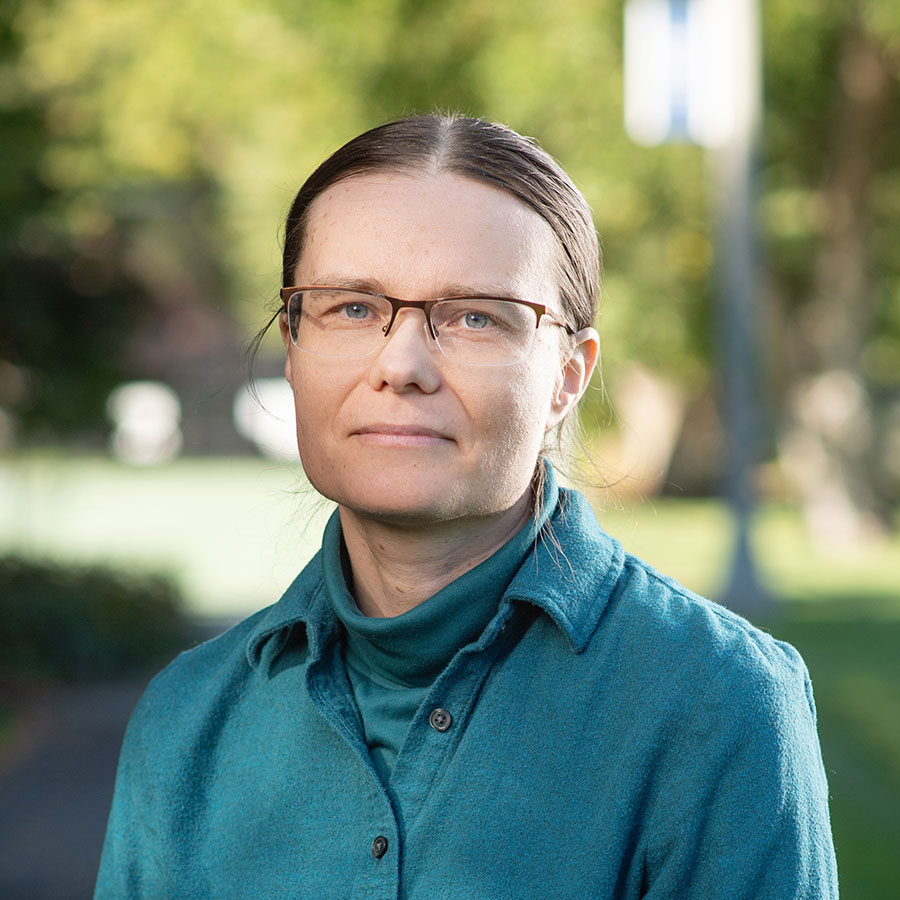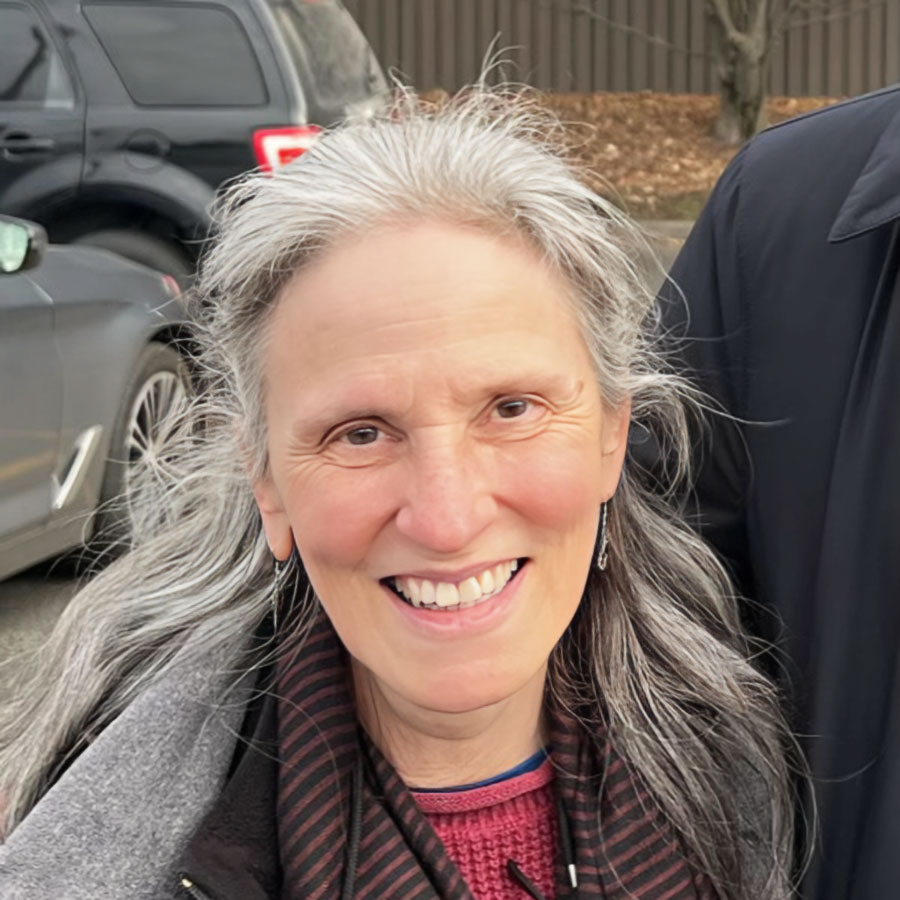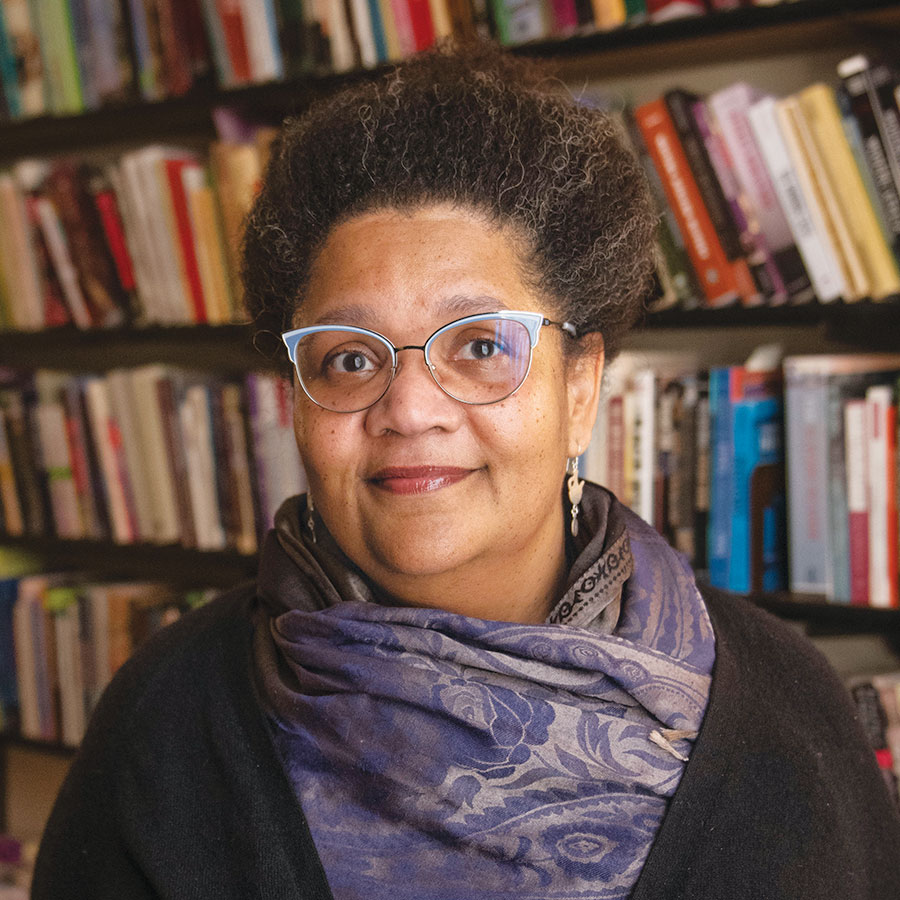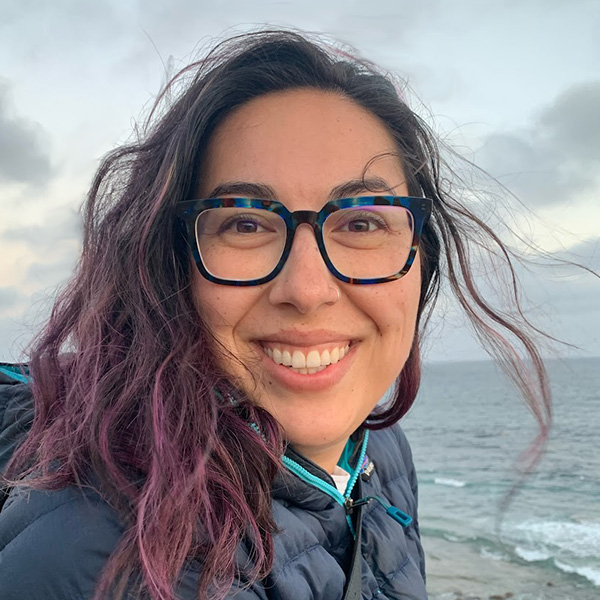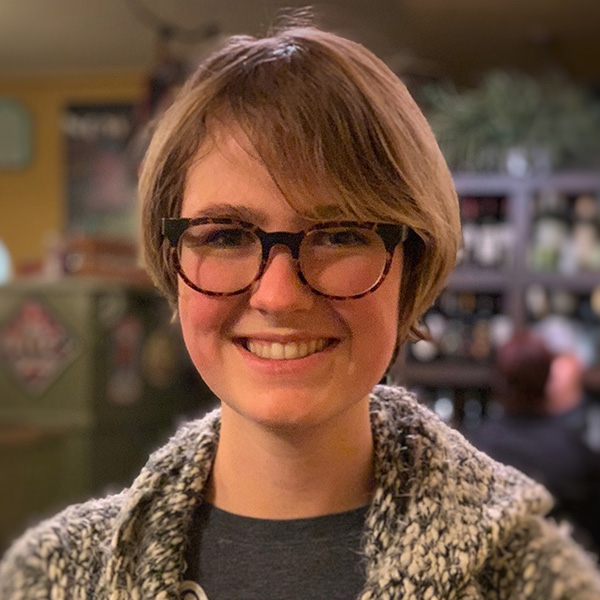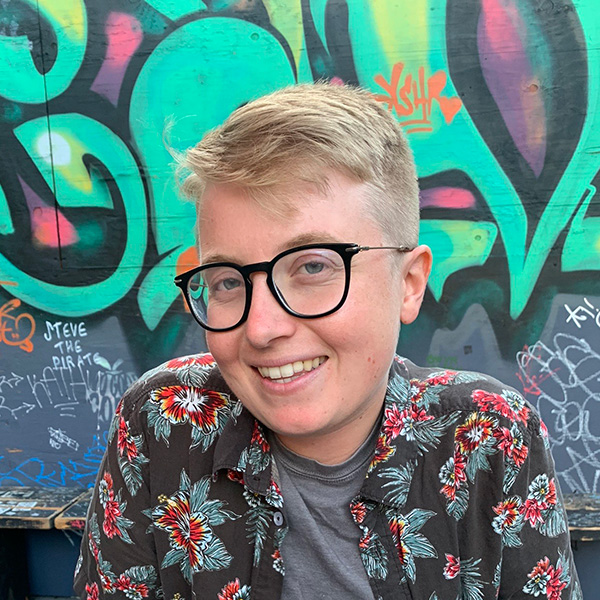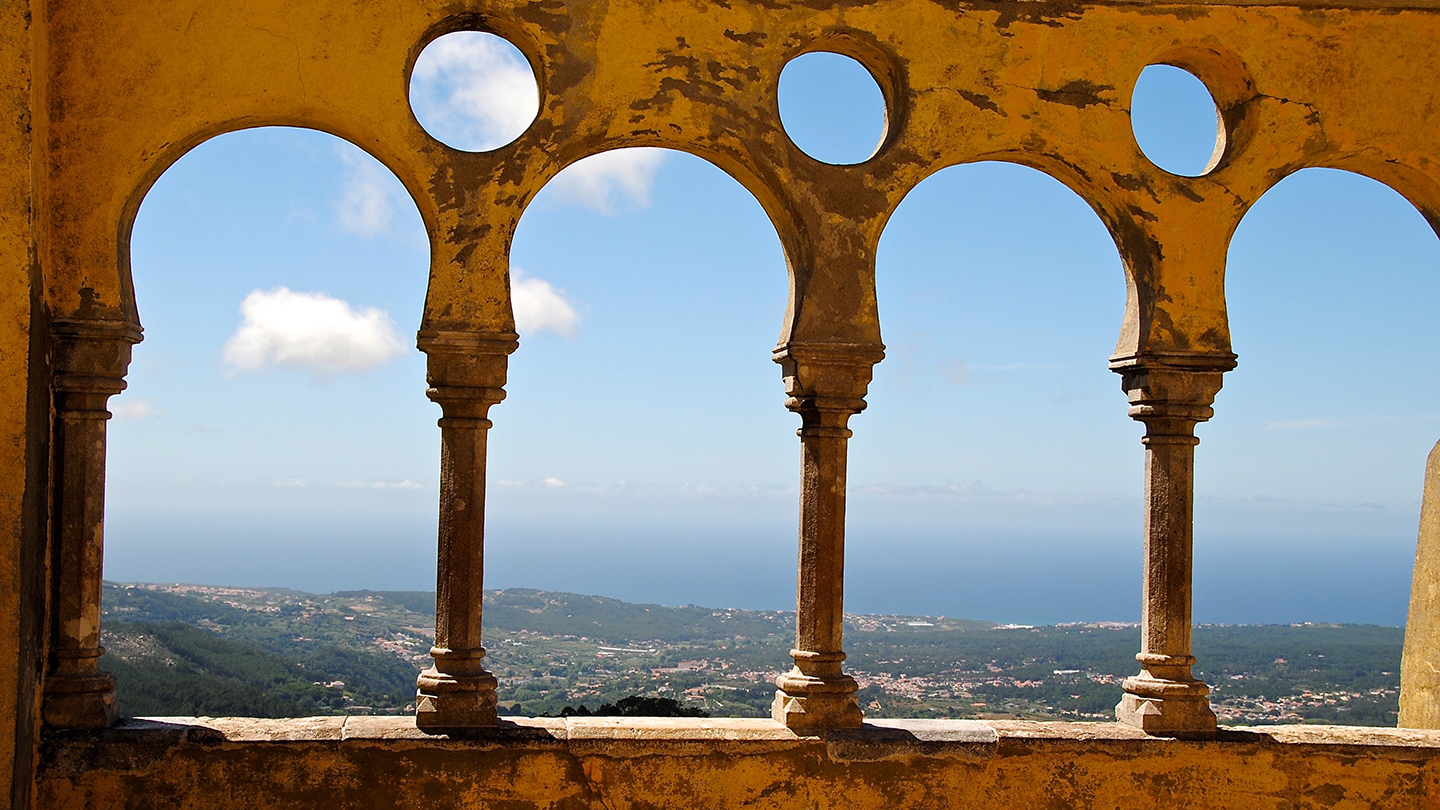

History
Know the past, shape the future.
How we understand the meaning of the past has crucial implications for our present and our future. As a Whitman College History major, you’ll learn how to think critically about human history and develop an appreciation for its complexity. Supported by a close-knit academic community of engaged students and inspiring professors, you’ll gain practical skills that will prepare you for countless careers or graduate school, and you’ll be ready to take your place as an informed global citizen.
3 Reasons to Study History at Whitman
Interested in History?
We’d love to send you information, including more on academic majors and student life at our beautiful campus in Walla Walla, Washington.
“I was interested in international relations as a career and was inspired by how much I could learn about that field through studying History. My freshman advisor was a History professor, and the first Whitman History class I took hooked me. I love how passionate the faculty are and how much room to explore there is within the major.”
Faculty
Courses in History
See just a few of the fascinating courses you might take.
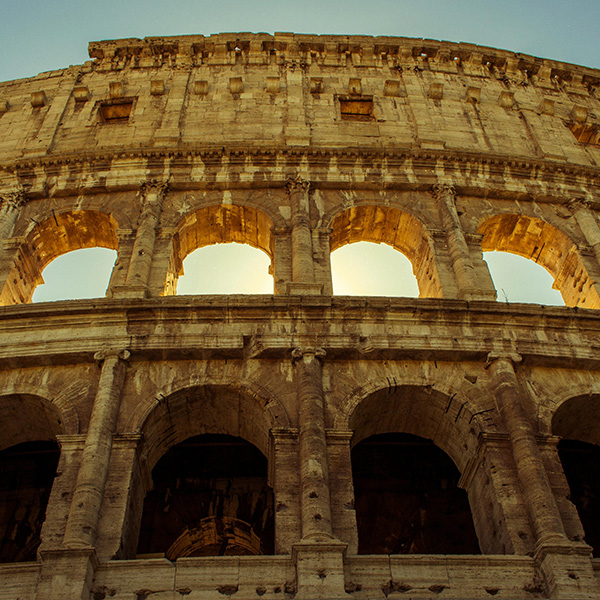
Europe Transformed, c. 300–1400
Learn about the creation of “Europe” starting with Rome’s slow disintegration in the third century and ending with the formation of a new medieval synthesis by the middle of the 14th. Explore the development of feudal social and political structures, the growth of church authority, the rapid expansion of towns and trade, and more from this pivotal period in history.
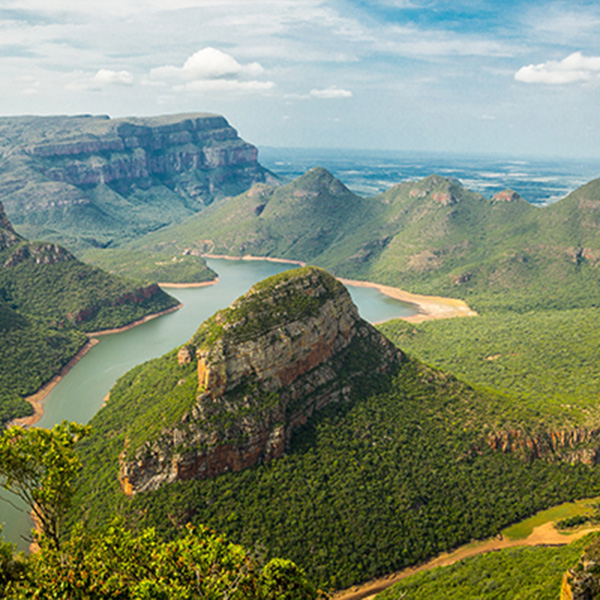
The World Wars in Africa
The World Wars changed Africa’s relationship with colonialism in countless ways. This course brings the military history of Africa into focus and explores the social, political and cultural changes these wars brought about on the continent. You’ll learn of the effects of war—intended and unintended—that have shaped its inhabitants in the decades since.
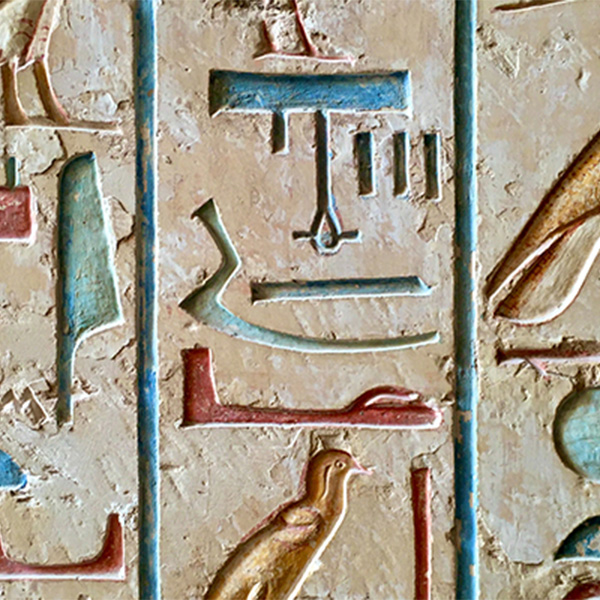
Cleopatra: History and Myth
Glamorous seductress. Self-indulgent victim. Tragic romantic. Power-crazed visionary. Who was the real Cleopatra? How did she construct her own legend? What did her contemporaries think of her, and how have we understood her and her times since her reign? Explore the many “Cleopatras”—and her impact on gender, culture and politics throughout history—in this fun and fascinating course.
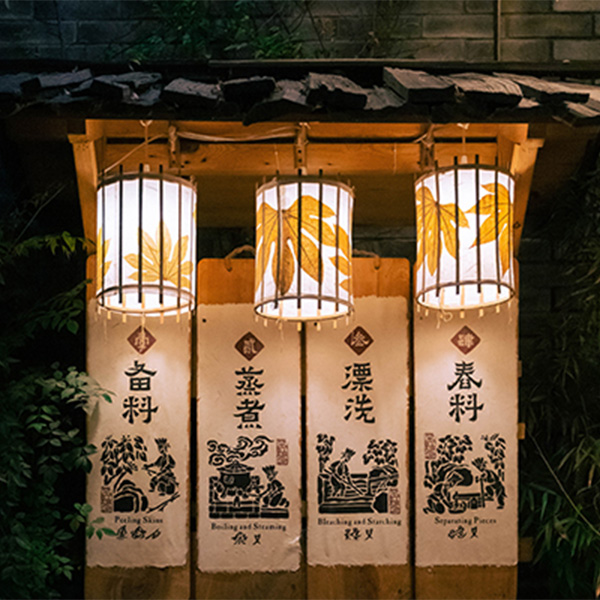
History and Ethnobiology of the Silk Roads
Drawing History and Biology together, this course brings students onto the Silk Roads of China prior to 1400 to understand the trade of agricultural goods like food, fiber and animals during that influential time. How and why were certain goods chosen for trade? What impact did those choices have on the people, their health and their lands?
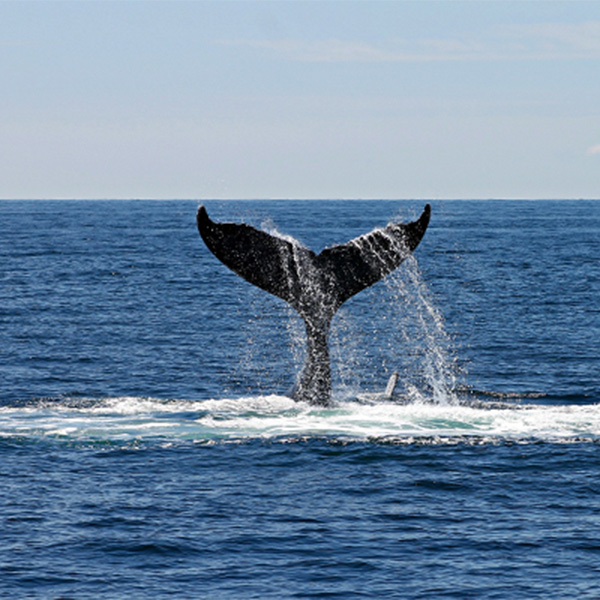
Pacific Whaling History
From shore-based hunts to modern factory ship whaling, the pursuit of whales has drawn people together and set them at odds with each other throughout history. And the rise of the modern environmental movement has only added complexity to the debates. In this course, you’ll explore the changing attitudes toward whaling and its environmental impact across the Pacific Basin.
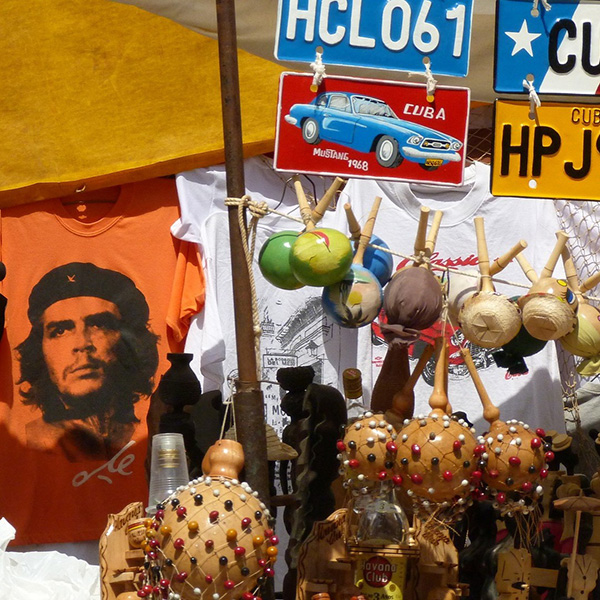
Cuba and Nicaragua
Cuba’s 1959 and Nicaragua’s 1979 revolutions became a model for the Left in Latin America, a rationale for repression on the Right and an obsession for the United States. In this course, you’ll explore what these events meant for their countries, the region and the U.S.
Make Your Major Your Own: Tracks to Take
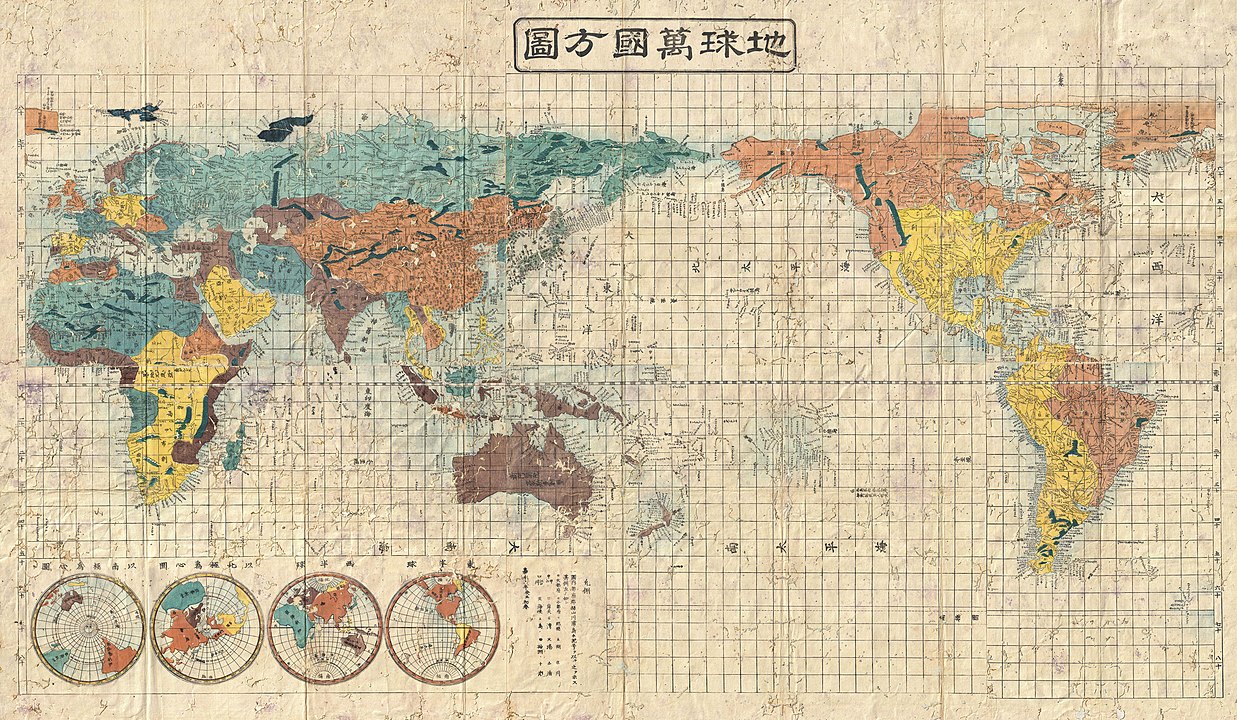
Global Track
On the Global Track, students travel the world broadly studying an array of different geographical regions and time periods. This track is designed for students seeking a wide understanding of major trends in global history. By studying the local histories of several regions, students will become familiar with four particular parts of the world while also gaining the tools to draw trans-regional connections across them.
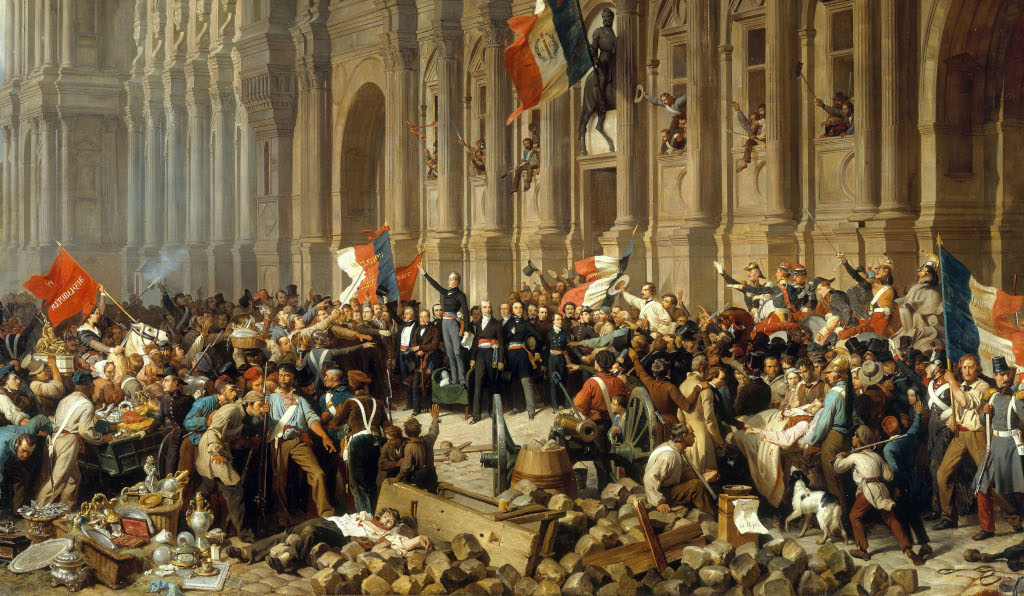
Thematic Track
History majors at Whitman College can tailor their studies by choosing from five thematic areas: Before Modernity, Cultures and Ideas, Empires and Colonialism, Revolution, War and Politics, and Social Justice. Each theme allows students to dive deeply into specific historical periods and issues, fostering critical thinking and a deeper understanding of global histories and their lasting impact.
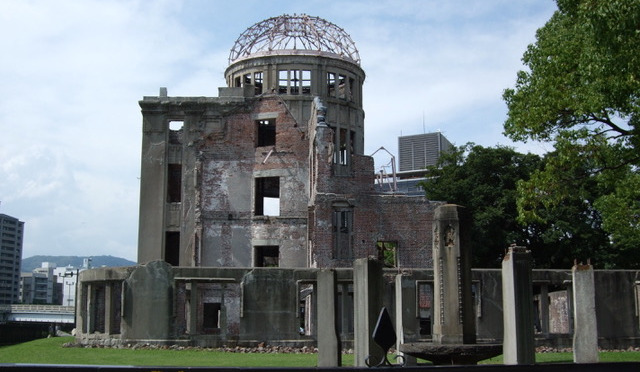
History-Environmental Studies
With this combined major, Whitman students explore how humans and the natural world have influenced each other over time. This interdisciplinary field uses evidence from science, art and literature to understand changing attitudes toward nature and how societies have shaped—and been shaped by—the environment. As an environmental historian, you'll gain insights into humanity's relationship with the planet, from ancient times to today's environmental challenges.
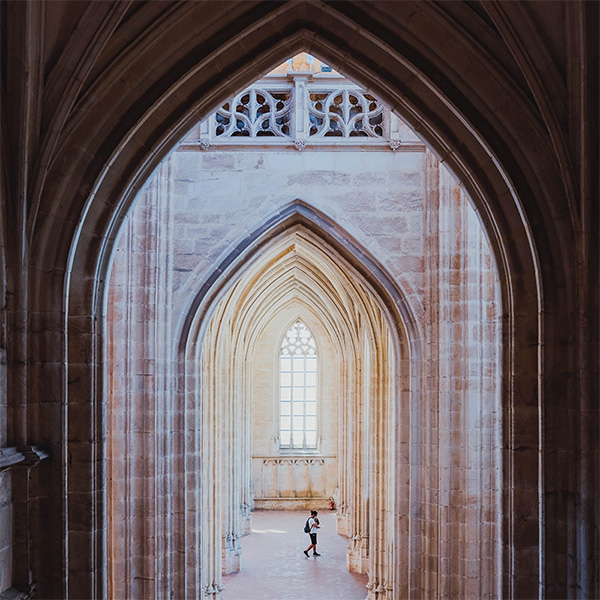
Amazing Experiences You Can Pursue
Immerse yourself in world history. With connections to over 100 study abroad programs, History majors have abundant opportunities to study the past where it happened and access resources that aren’t available in the U.S. History majors have also traveled with faculty mentors to study archives in Senegal or conduct interviews in Germany.
Have powerful academic experiences. In the History program, you’ll benefit from a vibrant and stimulating community of colleagues. You’ll conduct your own original research and share it in a senior capstone project. And you’ll learn from visiting lecturers who supplement Whitman’s course offerings for even more thought-provoking conversations.
Make career connections. Our History majors consistently say that the bounty of practical, relevant internships, classes, on-campus jobs, mentoring and interdisciplinary collaborations gave them insight and direction for their lives after graduation. Each connection is a step that helps our History majors succeed.
What Our Graduates Are Doing Now
Your Questions Answered
As a History major, you’ll become practiced in the ways historians ask questions, find evidence and expand knowledge of the past. You won’t just memorize dates and names. You’ll build complex arguments, learn to understand the nuances of past events, and bring hidden voices and truths to light. It’s a valuable major whether you’re curious about the world broadly or focused on a fast-track to graduate school or a job.
History major requirements emphasize reading, writing, research, analysis and collaboration. So you’ll graduate having mastered the foundational skills for a career in law, research, technology, education, business, journalism, library sciences or other meaningful professions.
History majors can definitely have a life outside the classroom—with research, clubs, internships, jobs and so much more. You might work part-time alongside staff and administrators, write for campus newspapers, participate in campus events and arts, or volunteer in the community.
Off-campus study, including study abroad and summer internships in other countries, can help you make the most of a liberal arts education and apply the theory and concepts that you learn in your coursework. It’s also one of the most enjoyable ways to understand a region that is central to global events.

